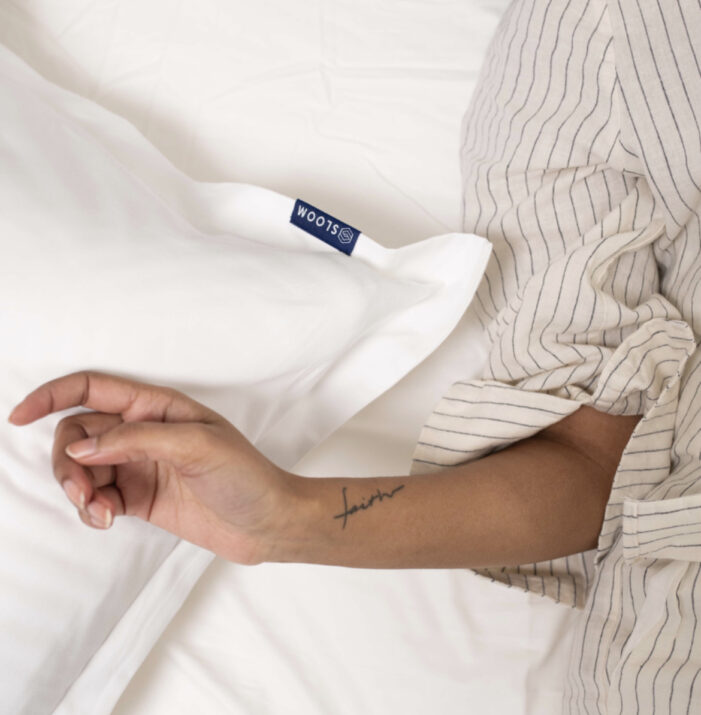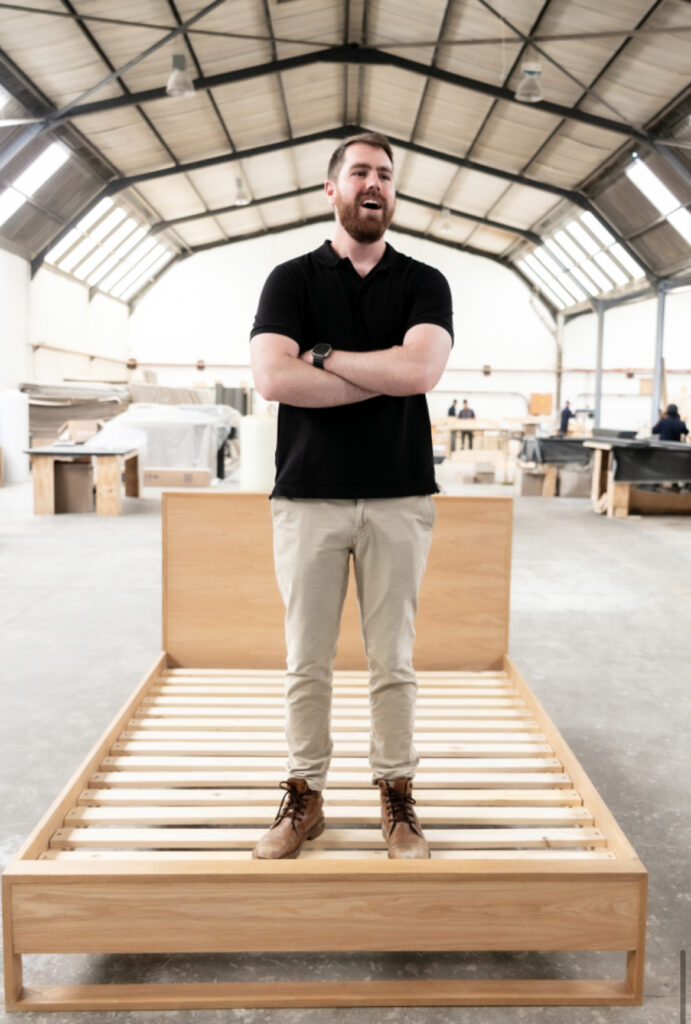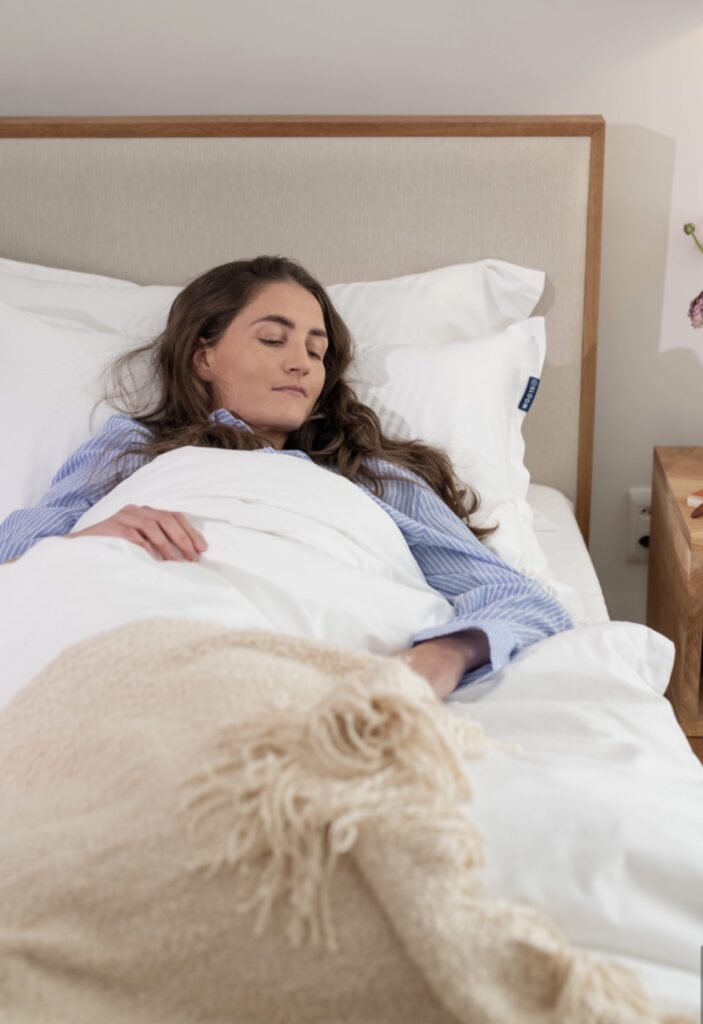
If you’ve ever been tempted to sneak a nap in your car at lunchtime and you need a fun excuse to catch some shut-eye, the answer might lie in a brand-new bot.
Globally, an estimated 32.8% of adults don’t get enough sleep, and South Africans are among the world’s most sleep-deprived populations, consistently going to bed later and waking up earlier than any other nation. The gruelling long hours we spend at work don’t help either and workplace burnout keeps rising. Now, there’s a bot to help!
In a creative response to this growing sleep deprivation crisis, South Africa’s first and only modular mattress company, Sloom, has launched what it considers a public service – the NapBot – which could help sleep-deprived South Africans to catch up on much-needed rest.
The WhatsApp bot – which is turning heads and raising eyebrows – provides legitimate-sounding excuses in four languages, allowing users to sneak in a much-needed power nap during their day. Users simply message “I need a nap” to the NapBot, and they receive a fun voice note excuse in their choice of English, Afrikaans, isiZulu or isiXhosa. These carefully crafted messages can be played directly to supervisors or forwarded via WhatsApp as proof that they need to step out, providing a clever cover for a rejuvenating nap break.
“When we discovered the extent of sleep deprivation in South Africa, we knew we had to think outside the box,” says Rudo Kemp, founder and CEO of Sloom. “The NapBot might seem playful, but it addresses a serious health crisis. We’re essentially giving people a fun way to take the refreshing rest they desperately need.”
Sleep coach Barry Bridges – who has worked with athletes, business executives, DJs and music producers around the world – says a nap will give you a boost when you hit that inevitable slump during the day. “Some people try to use naps to catch up on sleep, which you can’t really do, but naps can help your brain recover throughout the day, which is really important.”


In addition, he says, we naturally need a sleep in the afternoon, and might feel lethargic, so a quick nap between 1pm and 3pm can make a huge difference to your ability to power through the afternoon.
But Sloom isn’t just providing excuses – they’re backing up their commitment to better sleep. Every NapBot user receives a R1,000 coupon code for a Sloom mattress. Their modular mattress also comes with a 100-night trial, which allows sleepers to test the modular comfort at home, risk-free.
“Sleep deprivation isn’t just about feeling tired – it’s affecting our nation’s productivity, mental health and overall well-being,” Kemp explains. “While the NapBot adds a light-hearted twist to a serious issue, our ultimate goal is to spark a national conversation about the importance of quality sleep.”
The initiative represents a bold move in addressing South Africa’s sleep deficit, combining social awareness with practical solutions. Whether it leads to more South Africans taking power naps or simply highlights the importance of proper rest, Sloom’s NapBot is already making waves in the fight against sleep deprivation.
For more information about the NapBot or to try it yourself, WhatsApp “I need a nap” to 087 073 6676 to receive your first excuse voice note.
Some stats on sleep and napping…
- One in three employees suffer from occupational burnout
- 36% of South African workers face extreme daily stress
- South Africans are working longer hours and are more stressed than ever before.
- Workaholic culture of South African workers who don’t take annual leave
- 35% of South Africans check emails while on leave
- 32% of South African workers eat lunch at their desks
- South Africans are in serious sleep debt – sleeping less than any other country
- NASA study proves a 26 minute nap increased pilot alertness by 54%
- A 30 minute nap can enhance resilience to stress
- Naps are better than caffeine
- A 45 – 60 minute nap can lower blood pressure
- Even small naps have BIG benefits
- Levels of burnout are highest among women aged 18. 25 – with 56% of South African women experiencing burnout
- Burnout has officially been recognised by WHO
